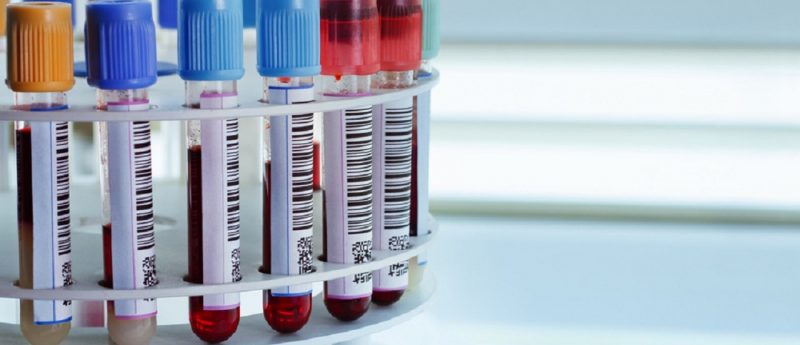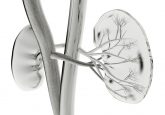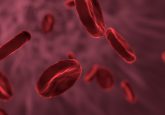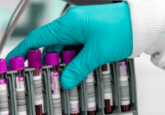Can a liquid biopsy accurately detect the early stages of pancreatic cancer?

Researchers from the University of Pennsylvania School of Medicine (PA, USA) have designed a liquid biopsy that could facilitate the accurate detection and staging of pancreatic ductal adenocarcinoma (PDAC).
As the most common form of pancreatic cancer, PDAC is the third leading cause of death from cancer. The majority of patients live less than 1 year following diagnosis with PDAC and the 5-year survival rate is only 9%. One of the biggest challenges is to diagnose PDAC before extensive disease progression or metastasis. Early diagnosis means that patients can be eligible for surgery. If successful, surgery can be curative. At present, there are no curative treatment options for patients with metastatic PDAC.
Co-senior author, Erica Carpenter (University of Pennsylvania School of Medicine), commented: “Right now, the majority of patients who are diagnosed already have metastatic disease, so there is a critical need for a test that can not only detect the disease earlier but also accurately tell us who might be at a point where we can direct them to a potentially curative treatment.”
You might also like…
The liquid biopsy screens for a panel of biomarkers, including carbohydrate antigen 19-9 and KRAS mutational burden biomarkers, which are both associated with PDAC. The multidisciplinary, blinded study demonstrated that in 47 patients (20 with PDAC, 27 cancer free), the liquid biopsy was 92% accurate in detecting PDAC, compared to screening for carbohydrate antigen 19-9 alone, which was 89% accurate. Also, the researchers demonstrated in 25 patients, whose imaging results did not show metastatic disease, that the lipid biopsy was 84% accurate in determining disease staging, compared to imaging alone, which was 64% accurate.
Researchers are optimistic that this liquid biopsy could improve the early detection and staging of PDAC, in order to help direct patients to appropriate treatments. However, the liquid biopsy still needs to be validated in a larger cohort.
Erica Carpenter explained: “If validated, this test could not only provide a key tool for at-risk patients, but also a monitoring tool for patients with certain known risk factors like BRCA mutations.”





